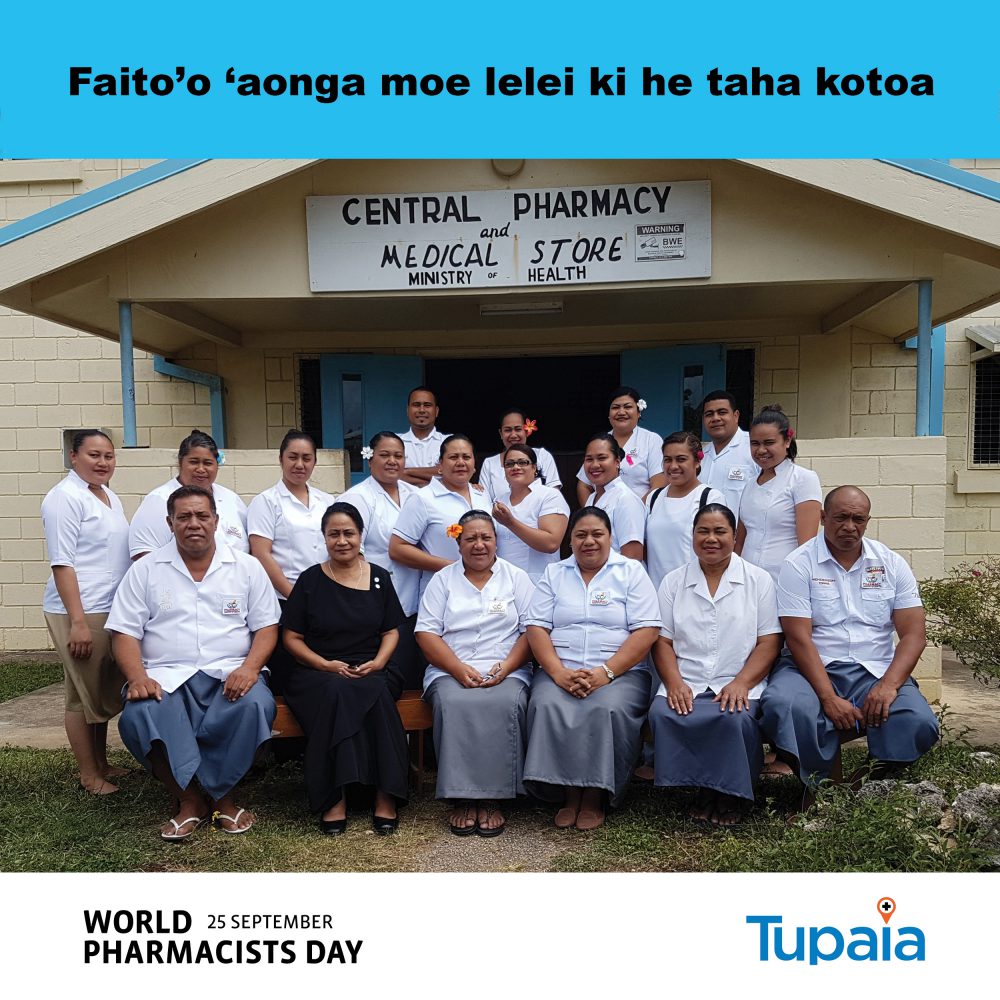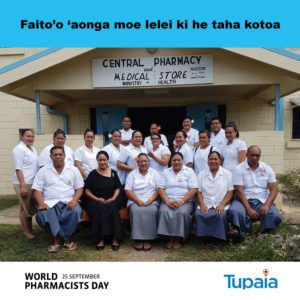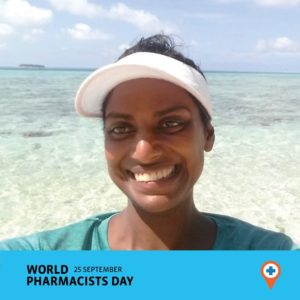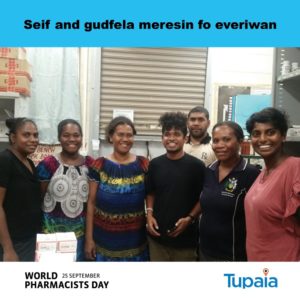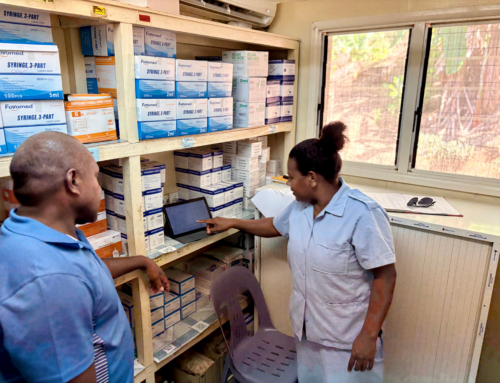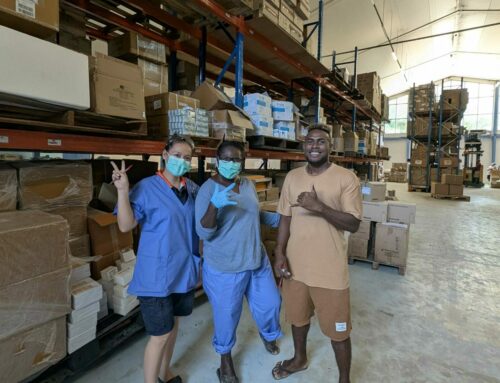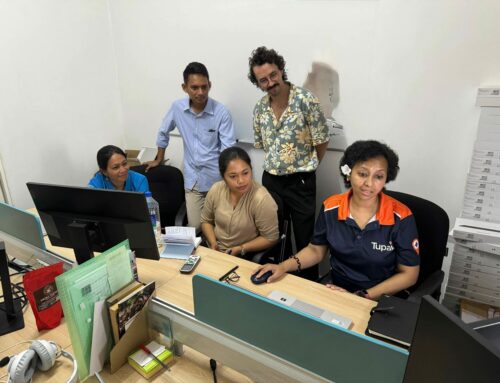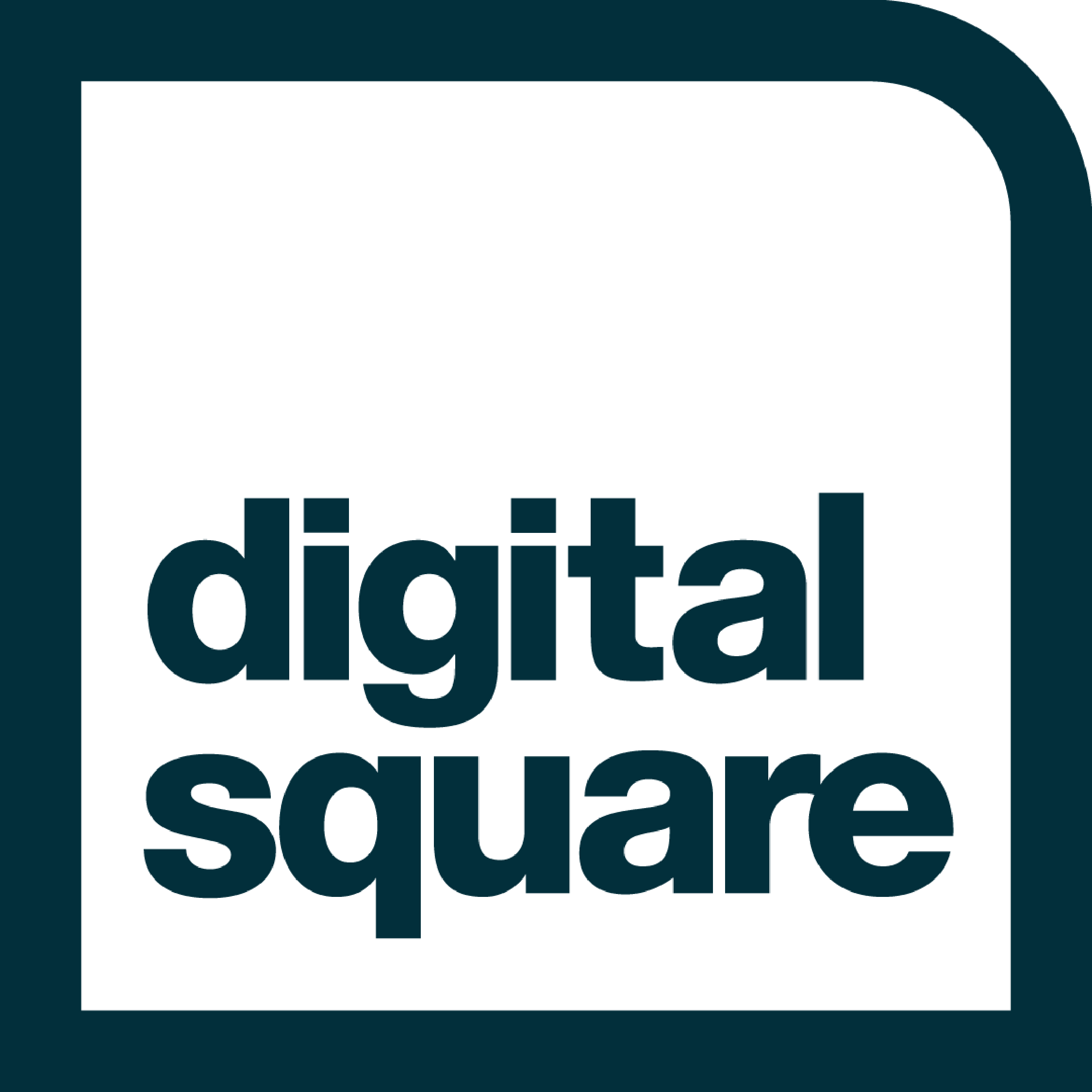We believe pharmacists are the foundation of an effective health system, however, their work can often go unseen and under-appreciated. In low and middle-income countries they are typically responsible for the entire end-to-end health supply chain.
This is why we’re paying particular attention to World Pharmacists Day on 25 September, which celebrates the crucial role they play in providing ‘safe and effective medicines to all’.
How, you might ask? Here are just a few of the ways pharmacists safeguard our health by improving medicines use and reducing medication errors.
- Pharmacists are the gatekeepers of safe medicines. They are involved in selecting and approving which medicines are fit to be on the national essential medicines list and contribute to national treatment guidelines.
- Pharmacists are responsible for the procurement, distribution, training and monitoring usage of medicines. They then feed that information back into the cycle to inform the selection of new medicines.
- Pharmacists are the biggest public advocates on issues such as antibiotic resistance and opioids misuse and regularly have to design and carry out public health campaigns.
- Pharmacists are responsible for policy and legal aspects of medicines in each country, professional registration and monitoring of the private sector to ensure compliance.
- Pharmacists work in clinical settings, helping individual patients on hospital wards and dispensing medicines to outpatients.
- Typically in the Pacific, the same few pharmacists play all these roles above – they are multi-taskers who need to understand and respond to the entire health system.
We’d like to thank all the pharmacists we work with across the Pacific who ensure quality medicines are safe, effective and accessible for those in need. Below are a few of the pharmacy teams and pharmacists we work with in the Solomon Islands and Tonga.
- Central Pharmacy and Medical Store, Ministry of Health Tonga
- Kamini Reddy, Volunteer Pharmacist with Australian Volunteers International
- Pharmacy Staff at the National Referral Hospital in Honiara
